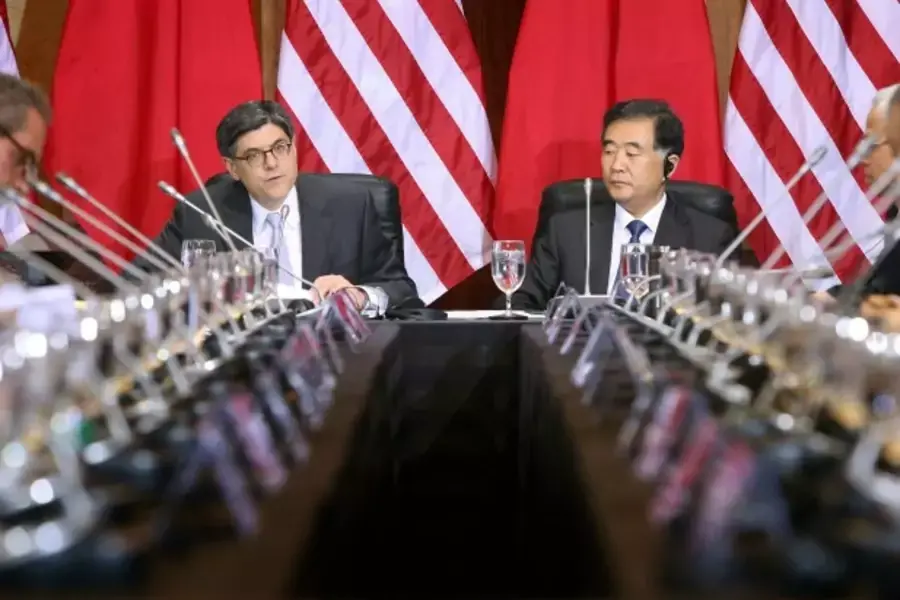Friday Asia Update: Top Five Stories for the Week of July 12, 2013

More on:
Sharone Tobias and Will Piekos look at the top five stories in Asia this week.
1. Cybersecurity the main focus of the U.S.-China Strategic and Economic Dialogue. U.S. Secretary of State John Kerry, U.S. Treasury Security Jack Lew, Chinese top diplomat Yang Jiechi, and Chinese Vice Premier Wang Yang met in Washington for the fifth round of the U.S.-China Strategic and Economic Dialogue this week. The dialogue focused on a number of issues, including how to deal with North Korea, Asian maritime disputes, and economic issues; the two sides made headway on investment and climate change agreements, though (unsurprisingly) there were no breakthroughs on cybersecurity, a main focus of the talks.
2. Japanese defense paper calls for enhanced military capabilities, stronger ties with the U.S. Japan released its 2013 defense white paper this week, the first under the administration of Prime Minister Shinzo Abe. Territorial disputes with China and North Korea’s growing belligerence are at the top of Japan’s list of security concerns, and Tokyo hopes to counter these threats with an upgrade in military capability and intensification of defense cooperation with the United States. China’s state media was predictably indignant at the implication that it was the cause of regional tensions.
3. Two die in plane crash on Korean airline. Asiana flight 214 from Seoul to San Francisco crashed on Saturday, killing two Chinese nationals and seriously injuring fifty passengers. The cause of the crash has yet to be determined, though the conduct of the pilots is under investigation. Asiana’s president, Yoon Young-doo, apologized on Monday.
4. China, Russia hold naval exercises. China and Russia concluded a set of joint naval exercises, continuing a recent string of improved relations between the two nations. A PLA Navy officer lauded the countries’ partnership as a “long-lasting and strategic” one, and the two sides pledged further military cooperation. In the United States, the exercises have been viewed with a certain wariness, as some fear increased Sino-Russian cooperation could be an attempt by Beijing to counter the U.S. rebalance to Asia.
5. Chen Guangcheng leaves NYU amidst controversy. Chinese blind dissident Chen Guangcheng claimed that New York University forced him to leave because of pressure from China. Representatives from NYU, including CFR Adjunct Fellow Jerome Cohen, claim that Chen’s fellowship was only intended to last one year. As a result of the controversy, Chen lost an offer to be a visiting scholar at Fordham University and currently has only one option open to him, the Witherspoon Institute. Chen came to the U.S. after escaping from house arrest to the American Embassy in Beijing, causing a diplomatic crisis that ended with his flight to New York.
Bonus: Jenny from the Soviet Bloc. Singer Jennifer Lopez was embroiled in controversy last week after performing at a lavish birthday concert for Turkmen leader and alleged human rights abuser Gurbanguly Berdymukhamedov. The party was paid for by the China National Petroleum Corporation.
More on:
 Online Store
Online Store